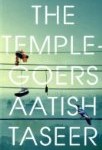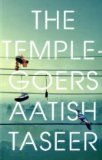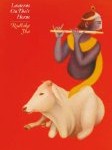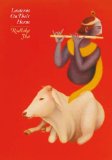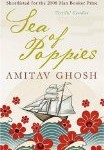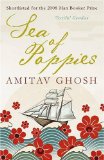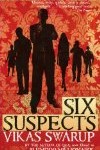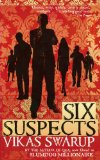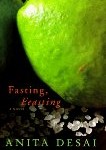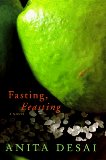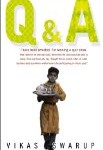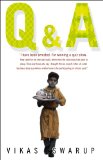The Temple-goers has an impressive blurb. It is described as being as “seductive and unsettling” as The Reluctant Fundamentalist and like an Indian version of Netherland. The author was heralded as the ‘Indian Brett Easton Ellis’ by The Bookseller and as ‘a writer to watch’ by V.S. Naipaul. I’m a big fan of Indian novels and so was excited about reading it.
Unfortunately I don’t think The Temple-goers lived up to the hype, but I wonder if that is because I didn’t fully understand/appreciate the complexity of the novel.
The book is set in modern day India and focuses on a young man who has returned from the West to rewrite his novel in cosmopolitan Delhi. The central character, Aatish, is named after the author and we follow him as he struggles to adapt to the fast changing city.
Aatish strikes up a friendship with a gym trainer and together they enjoy getting drunk and having sex, always ensuring they visit the temple afterwards to atone. The balance between ancient tradition and the modern way of life is an interesting concept for a novel, but I failed to connect with any of the characters and so I found myself not caring what they got up to.
Throughout the book we hear about Aatish’s novel writing, which is often criticised:
Sanyogita didn’t like the writer. She felt he wasn’t kind; that was her word. She had begun many books of his. I think she read them for my sake rather than out of any real interest; and later I felt she finished them for the same reason. One lay by her bedside now.
‘I can’t!’ she said, standing in front of a dressing-table mirror, her head cocked to one side as she put in an earring, ‘I just can’t. I’ve tried, but they’re so dry. And he’s not kind to his subjects.’
All the criticisms reflected my thoughts on The Temple-goers, so I wonder if this book is a satire on novel writing. I can’t understand why someone would deliberately create a dry novel with characters that you can’t connect to, but that does appear to be the case here. The way the author has named the character after himself also seems to suggest this.
There were some interesting sections on life in modern day India and the book had an easy-to-read, fast pace, but I found most of the book quite dull.
Recommended to people who enjoy experimental writing – perhaps one of you will be able to explain this book to me at some point!
